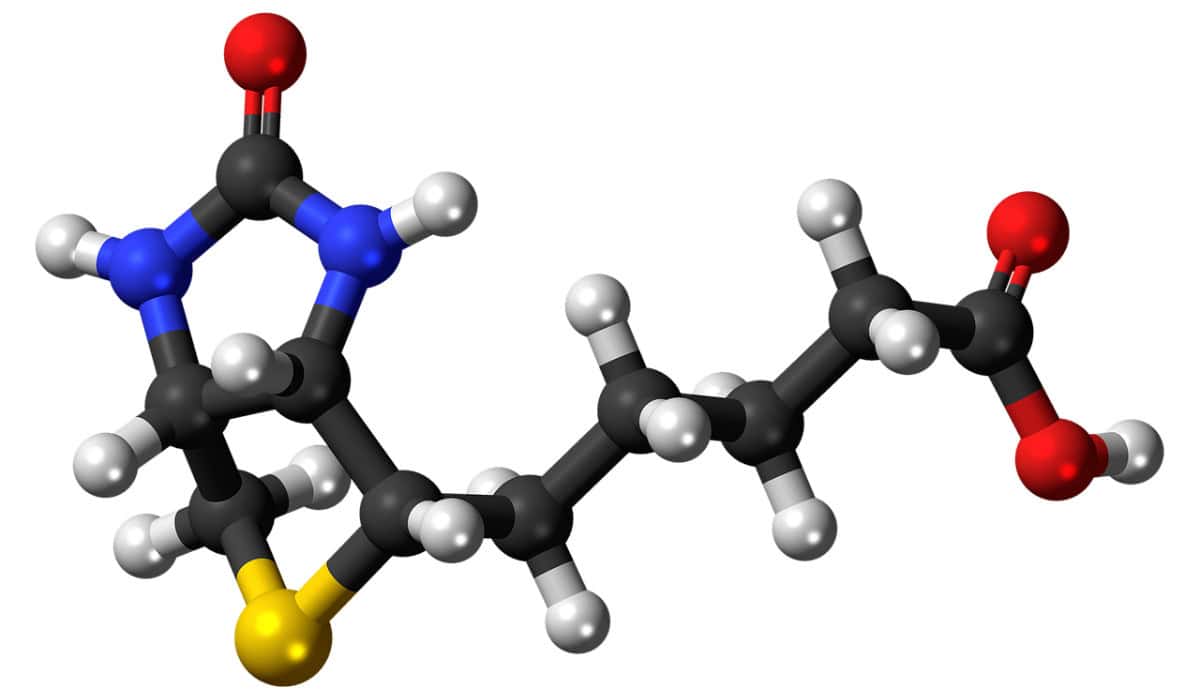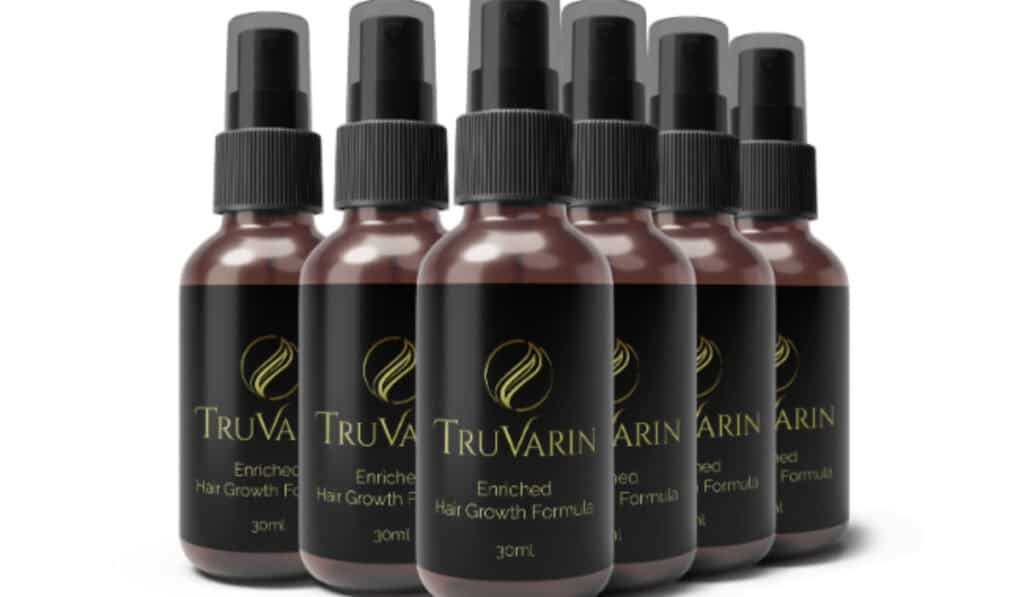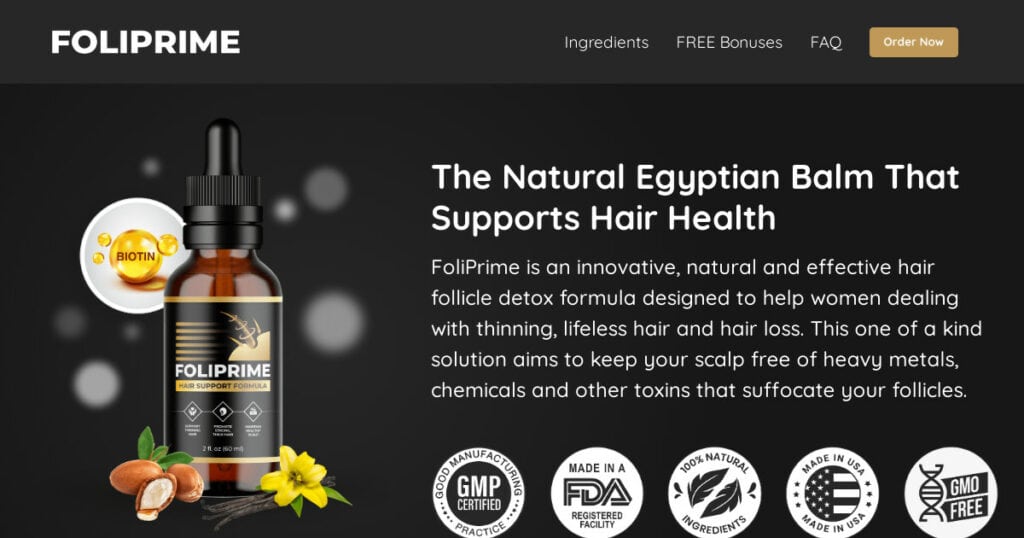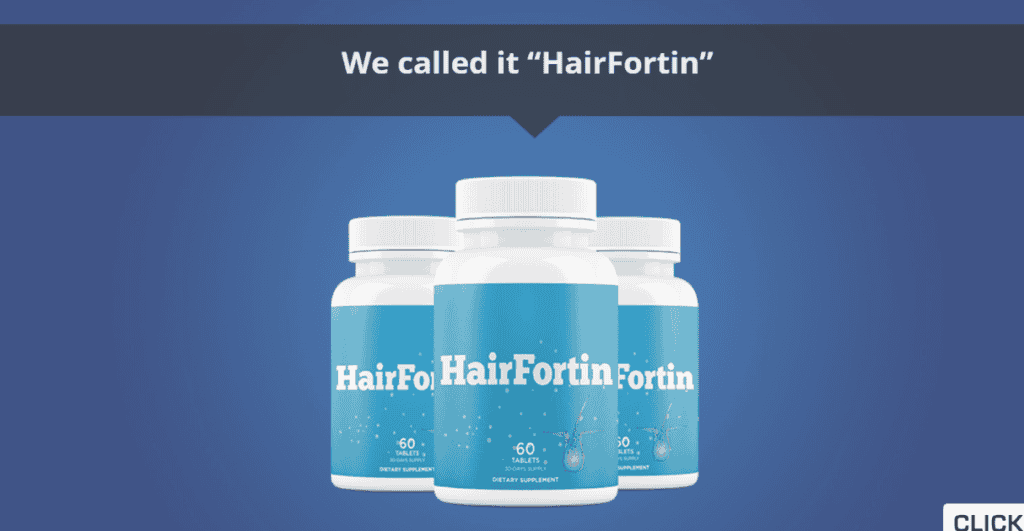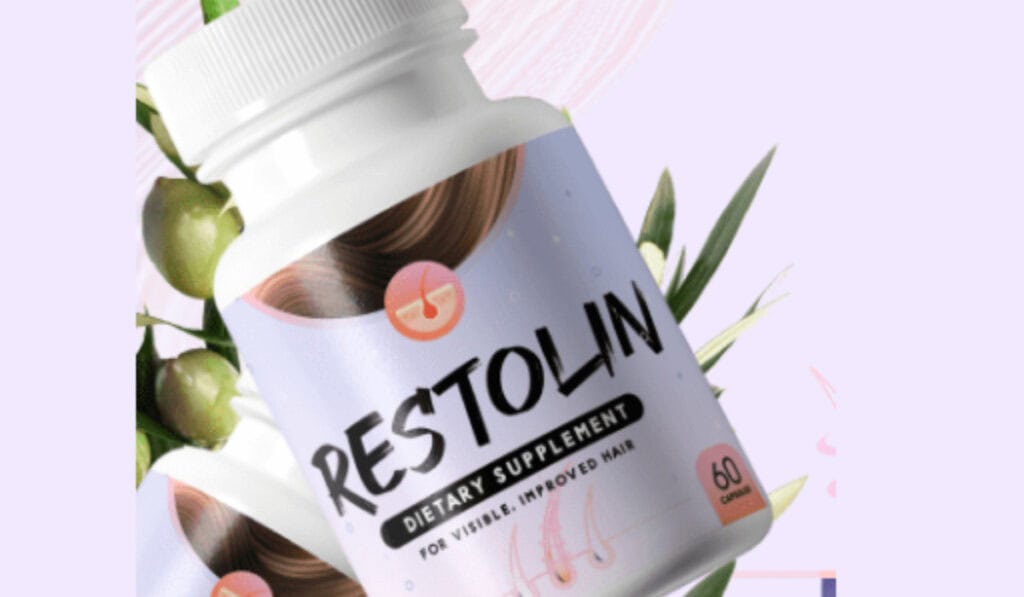Unveiling the Truth Behind the Vitamin
If you’ve been seeking the secret to luscious locks, you may have heard that biotin, a B vitamin, is your golden ticket. Unlike vitamin C or vitamin B12, which are well-known for their immune-boosting effects, biotin primarily supports hair health. This nutrient is often spotlighted as a growth supplement, promising to enhance the thickness and strength of your hair. But before you dive into adding biotin for hair growth to your routine, it’s crucial to sift through the facts and myths surrounding this popular vitamin.
Understanding how biotin interplays with other B vitamins, like vitamin B6, and its overall impact on your dietary intake is vital. While it’s easy to get caught up in the hype, not everyone might need to supplement their diet with biotin for better hair. The journey towards healthier hair involves a holistic approach, considering not just biotin but also how your overall nutrition, including intake of other vitamins, plays a crucial role in hair health.
The Essential Guide to Understanding Biotin
Biotin belongs to the B-vitamin family, playing a pivotal role in converting food into energy. It’s not just another vitamin; it’s a key player in maintaining healthy hair, skin, and nails. Understanding biotin goes beyond recognizing it as a mere growth supplement. When considering biotin for hair growth, it’s essential to note that this vitamin works in tandem with other nutrients like vitamin C, vitamin B6, and vitamin B12, contributing to a well-rounded dietary intake. This synergy ensures that your body gets the comprehensive support it needs for optimal hair health.
Exploring the Role of Biotin in the Body
Biotin is more than just a beauty supplement; it’s a crucial nutrient that supports various bodily functions. Its primary role involves aiding in the metabolism of fats, carbohydrates, and proteins, turning the food you eat into energy your body can use. Beyond its metabolic duties, biotin also plays a part in regulating gene expression and maintaining the health of your skin and nervous system. This wide range of functions highlights biotin’s importance beyond just improving hair health.
Unraveling the Connection Between Biotin and Hair Growth
The buzz around biotin and its effects on hair growth isn’t just hearsay; there’s science behind it. Biotin contributes to the production of keratin, a protein that forms the foundation of your hair, skin, and nails. Adequate levels of biotin in your body can lead to stronger, more resilient hair strands. However, while biotin supplementation can benefit those with a deficiency, individuals with normal biotin levels might not see a dramatic change in their hair’s health. This distinction underscores the importance of understanding your body’s specific needs.
Biotin Deficiency: Signs and Solutions
Though biotin deficiency is rare, recognizing its signs is crucial for maintaining overall well-being. Symptoms can range from hair thinning to more severe effects like skin rashes and neurological issues. The causes of biotin deficiency vary, including genetic conditions like biotinidase deficiency, dietary choices such as excessive consumption of raw egg whites that bind biotin, and certain lifestyle factors. Addressing a deficiency involves dietary adjustments and, in some cases, supplementation under medical guidance.
Recognizing the Symptoms of Biotin Deficiency
In the United States, biotin deficiency is rare, but it’s essential to be aware of its symptoms. These can include brittle nails, thinning hair, and skin infections, which signal a disruption in the body’s biotin levels. Factors contributing to this deficiency range from genetic disorders like biotinidase deficiency, which affects the body’s ability to reuse biotin, to lifestyle choices such as chronic alcohol consumption. Healthcare providers can assess symptoms of biotin deficiency and recommend appropriate tests to diagnose and address this condition effectively.
Does Lifestyle Influence Biotin Levels? The Impact of Smoking
Lifestyle choices, including smoking, can indeed impact biotin levels in the body. Smoking increases oxidative stress, which may lead to a depletion of biotin and other vital nutrients. This effect underscores the importance of considering lifestyle factors when evaluating your nutritional needs and the health of your hair. Adopting healthier habits can help ensure that your body maintains adequate levels of biotin, supporting not just hair growth but overall wellness.
Delving into Biotin Supplements
For those considering biotin supplements to enhance hair health, navigating the vast array of options can be overwhelming. Biotin supplements come in various forms, including pills, gummies, and even liquids. While they promise to enrich hair health by providing a concentrated dose of biotin, it’s crucial to approach supplementation with knowledge and caution. Understanding your body’s specific needs and consulting with a healthcare provider can guide you toward the most beneficial and safe supplement choice.
Navigating Through Biotin Supplements for Hair Enrichment
When exploring biotin supplements for hair enrichment, the sheer variety can seem daunting. It’s important to select a product that aligns with your health goals and dietary preferences. Whether you opt for a traditional pill or a flavored gummy, ensuring the supplement’s quality and biotin content meets your requirements is key to supporting your hair health journey.
Recommended Dosage: Finding the Right Balance
Finding the right dosage of biotin can be a delicate balance. The Food and Nutrition Board of the United States has not established a Recommended Dietary Allowance (RDA) for biotin, due to insufficient data. However, they have provided Adequate Intake (AI) levels based on age and gender. It’s crucial to follow these guidelines and consult a healthcare provider before starting any supplement regimen, as individual needs can vary significantly. This careful approach ensures you reap the benefits of biotin without risking over-supplementation.
Safety Concerns and Potential Biotin Side Effects
While biotin is generally considered safe, embarking on a supplement regimen without proper guidance can lead to potential side effects. High doses of biotin, though rare, have been associated with skin rashes, digestive upset, and changes in insulin release. It’s essential to discuss any supplement plans with a healthcare provider, ensuring that the benefits of biotin supplementation align with your health goals and that you’re aware of any possible interactions with existing medications or conditions.
Natural Ways to Boost Your Biotin Intake
Aside from supplements, incorporating biotin-rich foods into your diet is a natural and effective way to enhance your hair health. Foods like beef liver, eggs, nuts, and whole grains are excellent sources of biotin. By focusing on a balanced diet that includes these foods, you can support your hair health from the inside out, reducing the need for external supplements and enjoying the broader health benefits that come with a nutrient-rich diet.
Biotin-Rich Foods: A Healthy Route to Better Hair
Boosting your biotin intake through diet is a holistic approach to improving hair health. Beef liver stands out as one of the richest sources of biotin, but if organ meats aren’t to your taste, plenty of other options are available. Nuts, whole grains, and eggs also offer significant amounts of biotin, alongside other beneficial nutrients. Incorporating a variety of these foods into your diet can naturally enhance your hair’s strength and appearance without the need for supplements.
Biotin Shampoo: Does Topical Application Work?
The market is flooded with biotin-enriched hair care products, including shampoos that claim to utilize biotin’s hair-strengthening properties. While applying biotin topically through shampoo may seem like a direct approach to improving hair health, the effectiveness of such products can vary. Absorption of biotin through the scalp is minimal, meaning that while these products may support hair health to some extent, focusing on internal nutrition and overall health is likely to yield more significant results.
The Science Behind Biotin and Hair Growth
The connection between biotin and hair growth is supported by some scientific evidence, though the results can vary among individuals. Studies, including a 2016 study and a 2012 study, have shown that biotin supplementation can benefit women with self-perceived thinning hair, especially in cases of biotin deficiencies. However, in healthy individuals with adequate intake of biotin, the benefits may not be as pronounced. Biotin is an essential nutrient that can promote hair growth, but it’s just one piece of the puzzle when it comes to achieving healthy hair. Medically reviewed research emphasizes the importance of a balanced diet and proper hair care in addition to considering biotin supplementation.
What Research Says: Separating Myths from Facts
Recent studies have shed light on the popular belief that taking biotin supplements can boost hair growth. While biotin, also known as vitamin B7, plays a crucial role in the health of our skin and nails, its direct impact on hair growth requires a closer examination. Clinical trials have shown that biotin can indeed support hair health, but the most noticeable results are seen in individuals with a diagnosed deficiency. It’s essential to understand that a well-balanced diet typically provides all the biotin your body needs, making supplementation unnecessary for most people.
Addressing Biotin Deficiency: Can Supplements Prevent Hair Loss?
Biotin deficiency, while rare, can lead to noticeable symptoms including hair thinning, skin rashes, and brittle nails. In such cases, taking biotin supplements might help reverse these symptoms by restoring the body’s levels of this essential B vitamin. However, it’s important to consult a healthcare professional before starting any supplement regimen, especially since over-supplementation can lead to other health issues. A balanced diet, including sources of biotin like egg yolks and sweet potatoes, can also help maintain adequate levels and support hair and nail growth.
Precautions with Biotin Use
Although biotin is a water-soluble vitamin and considered safe, it’s crucial to approach its supplementation with caution. Excessive intake of biotin can interfere with lab tests, leading to incorrect readings that might obscure accurate diagnoses. Before incorporating biotin into your supplement regimen, discussing it with a healthcare professional is advisable to avoid potential negative interactions, especially if you’re taking other medications like anticonvulsant medications, which can affect biotin metabolism, or if you have underlying conditions like blood sugar issues or type 2 diabetes.
Understanding the Risks and Warnings Associated with Excessive Biotin Intake
While the body excretes excess biotin due to its water-soluble nature, high doses can still pose risks. Some individuals may experience side effects such as skin rashes, digestive upset, or changes in insulin release. Moreover, excessive biotin intake can lead to false results in various lab tests, including those for heart and thyroid function. These inaccuracies can delay proper diagnosis and treatment, emphasizing the importance of moderation and professional guidance when considering biotin as part of your supplement regimen.
Can You Have Too Much of a Good Thing? The Dangers of Over-Supplementation
Chasing the growth benefits of biotin without heed can lead to unexpected health concerns. Over-supplementation, though rare, carries the risk of upsetting the body’s natural balance, potentially leading to adverse effects such as skin issues, gastrointestinal discomfort, and interference with blood sugar regulation. It underscores the principle that more isn’t always better. Ensuring you’re not exceeding the daily recommended intake, which the National Academies’ Institute of Medicine sets at no more than 35 mcg for adults, is crucial to avoid these risks.
Other Natural Allies for Hair Growth
While biotin has its place in supporting hair health, it’s not the only nutrient that matters. The B complex, a group of essential vitamins, plays a pivotal role in maintaining overall hair vitality. These vitamins, including folate and B12, work synergistically to support hair growth by enhancing red blood cell production, which in turn delivers more oxygen and nutrients to the scalp and hair follicles. Embracing a diet rich in B vitamins can provide a more holistic approach to nurturing your hair from the inside out.
Beyond Biotin: Exploring Alternative Natural Remedies for Enhancing Hair Health
Nourishing your hair goes beyond just biotin. A myriad of natural remedies and nutrients are known to promote hair health and growth. For instance, omega-3 fatty acids found in fish oil can help moisturize the scalp and improve hair density. Similarly, antioxidants from fruits and vegetables protect hair follicles from damage, while proteins support keratin production, the building block of hair. Incorporating these nutrients into your diet or as part of a balanced dietary supplement regimen can offer a comprehensive approach to achieving lustrous, healthy hair.
The Comprehensive Conclusion on Biotin and Hair
When it comes to enhancing hair growth and thickness, biotin is often hailed as a wonder supplement. However, the benefits of biotin are most significant when addressing a deficiency. For the average person, a well-balanced diet provides adequate biotin, supporting normal hair health. Before considering supplements, it’s crucial to evaluate your dietary intake and consult with a healthcare professional. This ensures that you’re addressing your hair health needs safely and effectively, without overlooking the potential contributions of other essential nutrients for optimal hair vitality.
Biotin for Better Hair: Weighing the Benefits Against the Risks
Delving into the world of dietary supplements, like biotin, demands a balanced perspective. While clinical trials have shown that biotin can benefit individuals with specific deficiencies leading to improved hair, skin appendage, and nail growth, indiscriminate use carries risks. Before embarking on a supplement journey, considering all factors, including potential interactions with medications like anticonvulsant medications and the impact on lab tests, is imperative. Consulting a healthcare professional ensures that you’re enhancing your hair health without compromising overall well-being, striking a delicate balance between the benefits and risks of biotin supplementation.

